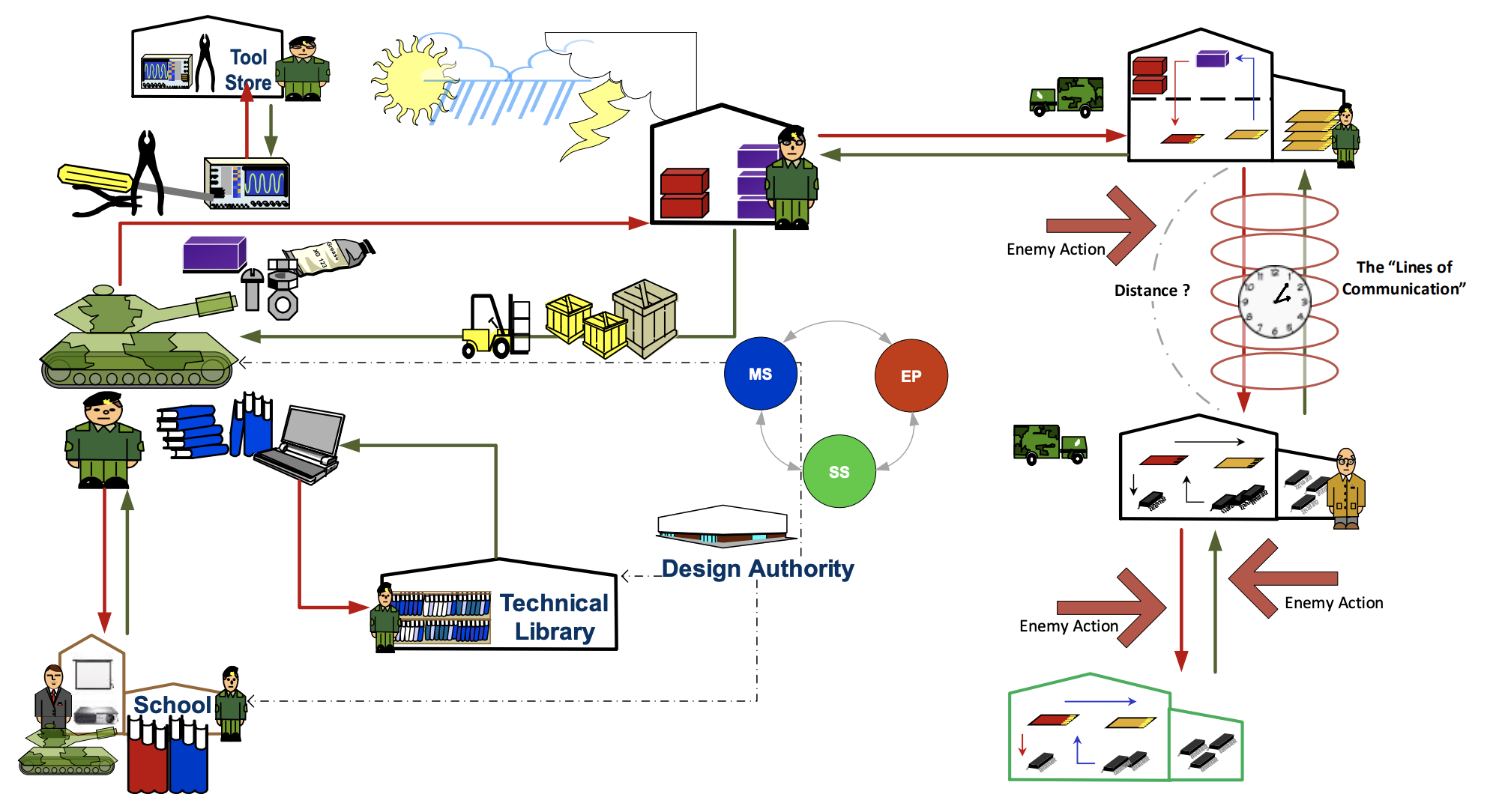White paper library
Welcome to our white paper library.
Whether you’re new to the field, a veteran of it or just interested in what lies beneath the support engineering umbrella, our white papers are designed to help you understand the support topic, solve a support problem or make a support decision. The term ‘white paper’ means different things to different people. For us, at Aspire, it gives us a format in which to present complex support engineering topics and explore the fundamental principles that are heart of the subject.
The support engineering community is most effective when it’s talking so please download, read, share, discuss and/or argue about the papers that you are interested in and if you have feedback then we’d love to hear it at info@aspirecl.com.
Thanks for looking and happy reading!
Four lessons for a good ILS implementation on a rail project
The rail industry has a particular focus on customer service due to the massive and complex system that applies to it. These complex systems give an advantage to the manufacturer to propose a service to support their system. At a time when most governments around the world prioritize a friendly ecological transport system and invest more in rail projects, The service business of the rail industry has a promising future, particularly in the EU where public rail monopolies will give way to open competition.
To excel in service delivery, it’s essential to first establish a robust support system that enables efficient management of your assets….

Support Engineering in the Concept Phase
When developing a new complex platform the first of these phases, usually termed the ‘Concept’ phase or similar, is arguably both the most challenging and the most important. This applies to Support Engineering just as much as it does to overall Defence procurement programmes.
In the paper below we examine the Concept Phase from the perspective of a Systems Engineering based Support Engineering programme.
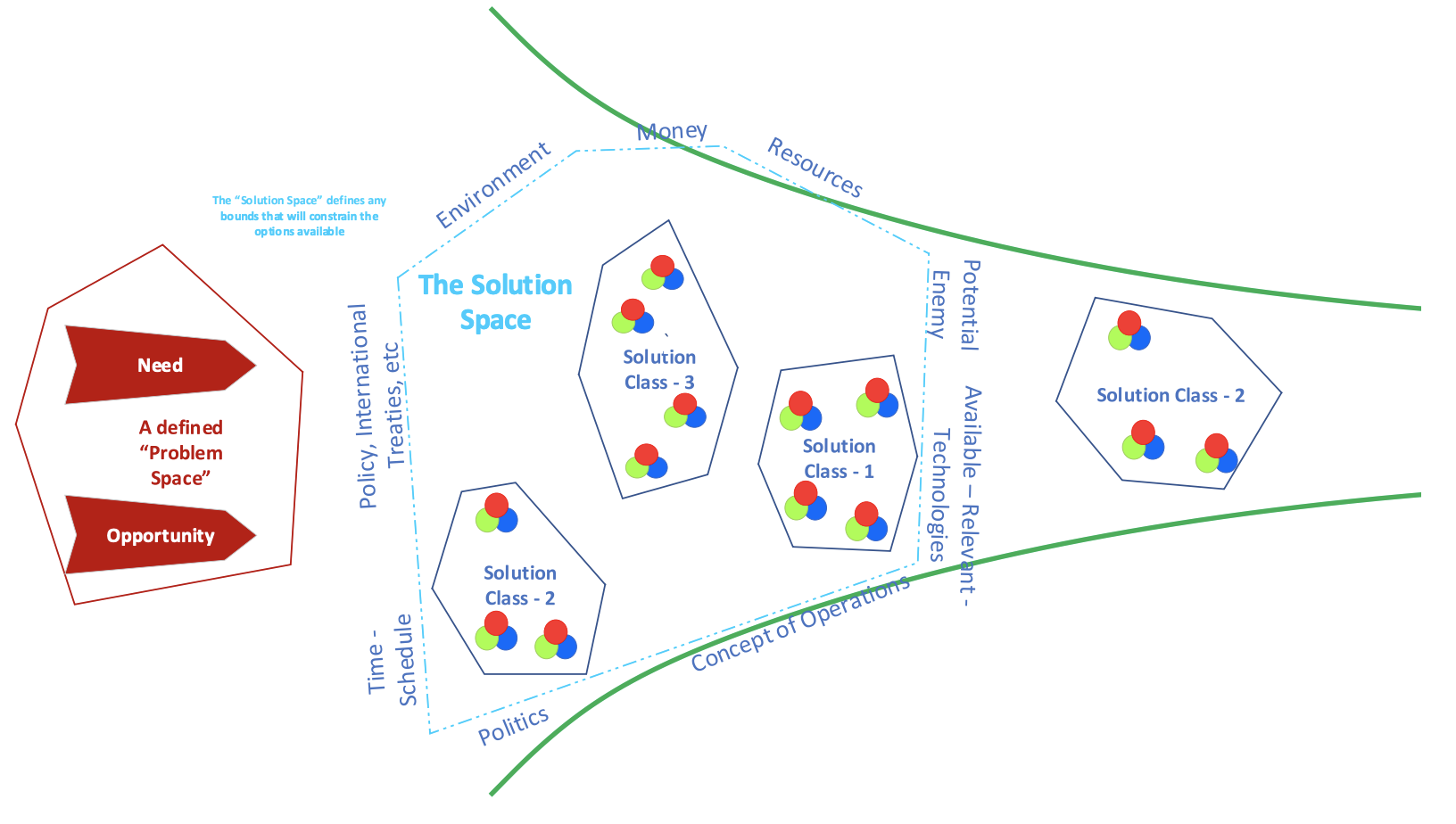
Evolving Support Solutions
The application of an elegant systems approach can transform the effectiveness of an ILS programme. Evolution not revolution, how the application of a simple systems approach can transform the effectiveness of an ILS programme.
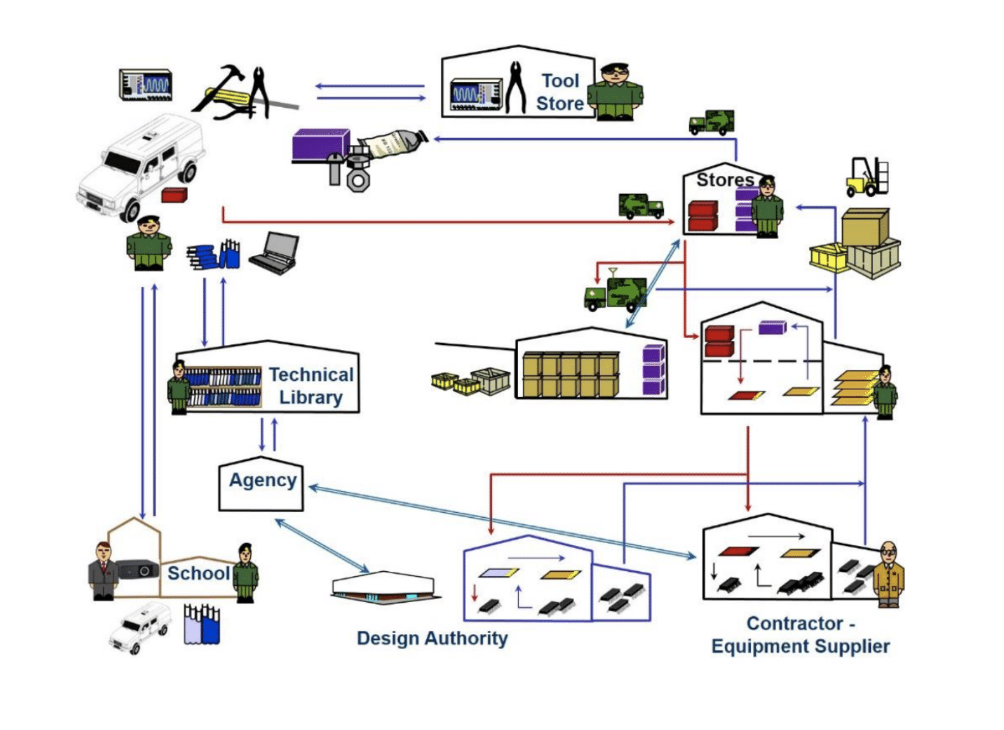
What is LSA?
Aspire’s principals talk to a lot of people about Support Engineering, ILS and LSA and I am disturbed at the number of “ILS Managers” and “ILS Engineers” who quite simply, do not know what ILS is or what LSA is. There is a belief, increasingly prevalent, that if an organisation is producing technical publications, delivering spares and training courses, supplying support and test equipment, then it is performing ILS and LSA. If this were true then the engineers of the world have been applying ILS and LSA since the time of the Trojan war (and they haven’t…). This article complements and complement Aspire’s “What is ILS” paper.
Support Engineering and Innovation
Our Support Solutions are not optimal. We need to understand what prevents an optimal support solution being deployed. Support problems are complex, but there is little doubt that the root causes can traced back to technical and commercial policy and practice. Our procurement processes are flawed, and the effects of these flawed processes are exacerbated by the MoD’s commercial policies and practices, but this paper confines itself to discussing the technical aspects only. A separate paper will be prepared to discuss the impact of commercial policy and practice on the development and deployment of innovative and effective support.
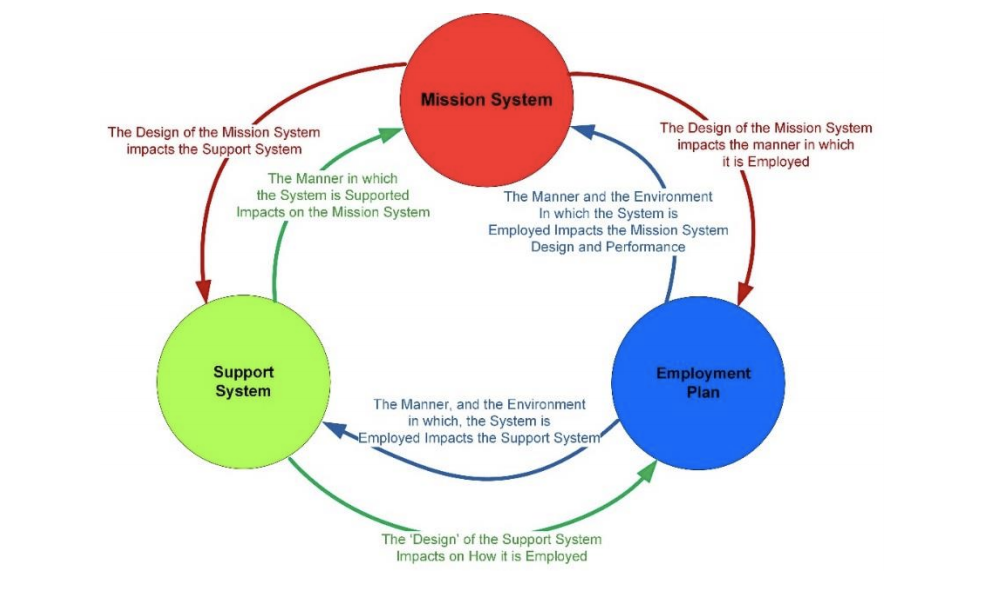
Digital Twins
The Digital Twin concept is an attractive idea that has been around for about 15-16 years, but is gaining ground today, in part, due to the rise of the Internet of Things [IoT]. There are many articles and papers discussing the concept and they list many advantages of deploying Digital Twins, for example, they allow us to ‘head off problems before they occur’, ‘plan for the future’, ‘prevent downtime’, ‘improve decision making’ and they ‘enable learning’ amongst many other benefits… But what is a Digital Twin and what have they to do with Support Engineering?

Support Optimisation – Reversing the Salami Slicer
“A journey of a thousand miles begins with a single step” Lao Tzu, 6 th century BC
“… we should think small, not big, and adopt a philosophy of continuous improvement, through the aggregation of marginal gains” Sir David Brailsford – British Cycling Team 2015
The idea that small steps can combine to deliver a substantial effect has stood the test of time. 2,600 years having passed between these two quotes… …but is such an approach applicable to Support Engineering in the 21st century?
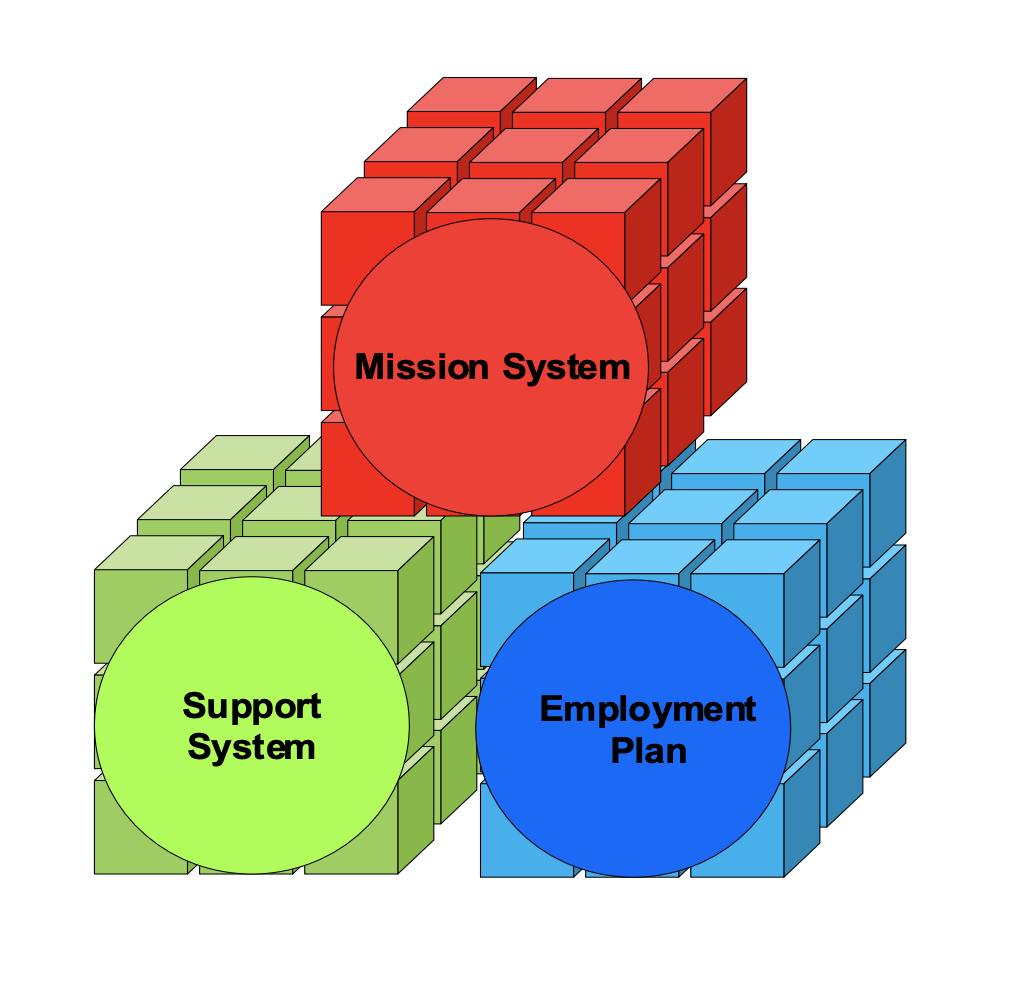
A Learning Experience for Support Engineers and ILS Managers – The F35 Aircraft Sustainment Report
This report should be mandatory reading, not only for all Support Engineers, but for anyone involved in defence procurement, logistics or operations. There are many lessons that can be learnt from this programme, unfortunately given the cost, the critical operational role and the international nature of this programme, those lessons will be very hard learnt indeed.
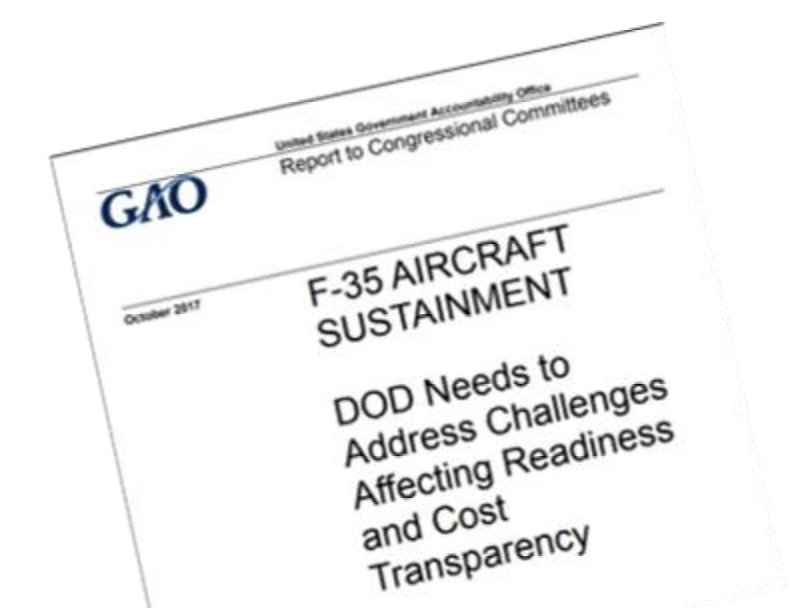
Support Engineering & Imperative Intangibles – Feedback & the Intelligent Customer
There are two categories of Support Engineering activity, the tangible and the intangible… Tangible activities lead directly to the production or the procurement of a support resource, their absence would be instantly apparent – something, spares maybe, would be absent. Intangible activities are analyses whose absence would not be immediately apparent, spares optimisation for example. But who cares about this distinction…and what has this got to do with feedback and the intelligent customer?
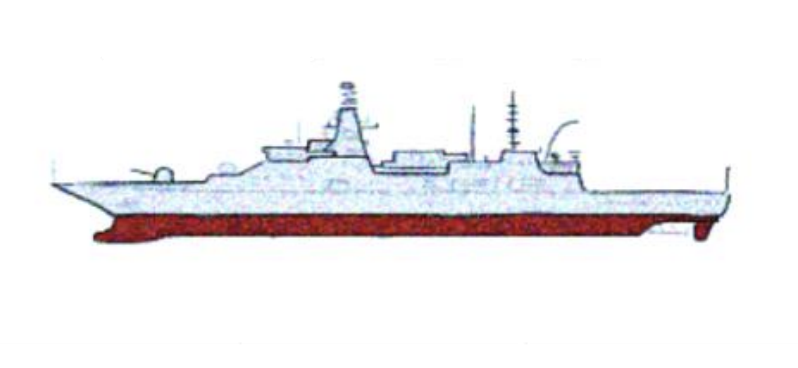
Support Engineering and the Supplier Network
There is a tendency when writing about defence procurement and support issues to focus on the end users and the prime contractor, the original equipment manufacturer [OEM]. This is natural but rather short sighted.
There are thousands of organisations, tier 2 and tier 3 suppliers (many of them small to medium enterprises [SMEs]) that support defence programmes, both during development and during the in-service phase.
On a single major acquisition programme the number of tier 2 & 3 suppliers may number in the hundreds and each will have to implement some form of Support Engineering activity. Collectively they have a significant impact on the operational capability, availability and through Life Cost [TLC] of the system they are contributing to.
It makes sense therefore to examine the issues that such suppliers face when called upon to perform Support Engineering for a large programme.
What could we achieve in an ideal world – what happens in the real world, what issues do such suppliers face – and what we can do about them ?
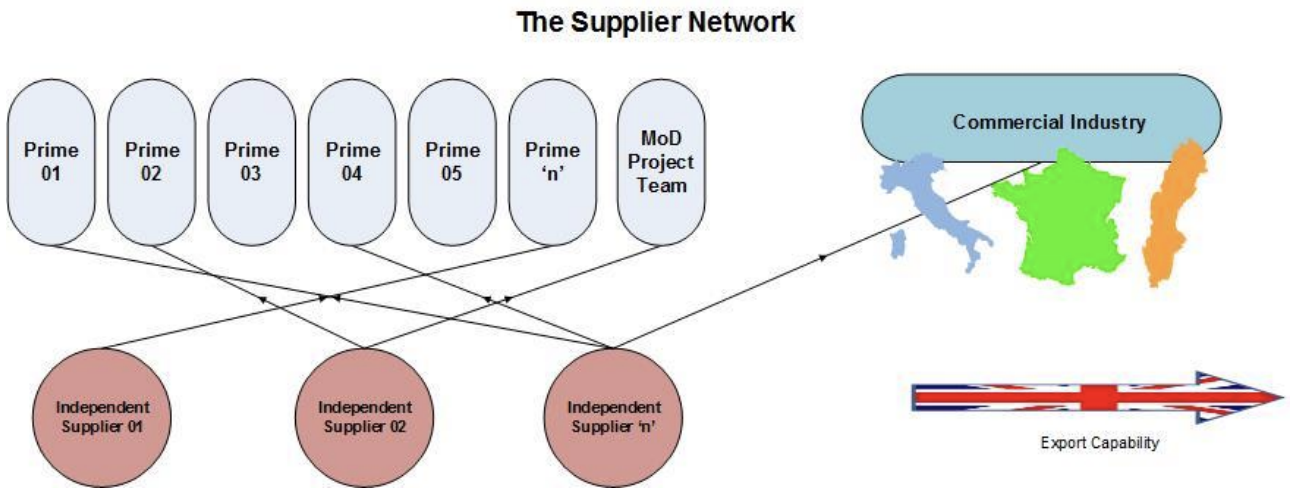
What is ILS?
“ILS is a construct made up by consultants, to spend the available budget, to generate employment and to confuse senior executives, it is the last refuge of the charlatan”.
…Or so it has been described… and given some of the ILS programmes we have witnessed, we can understand such cynicism.
